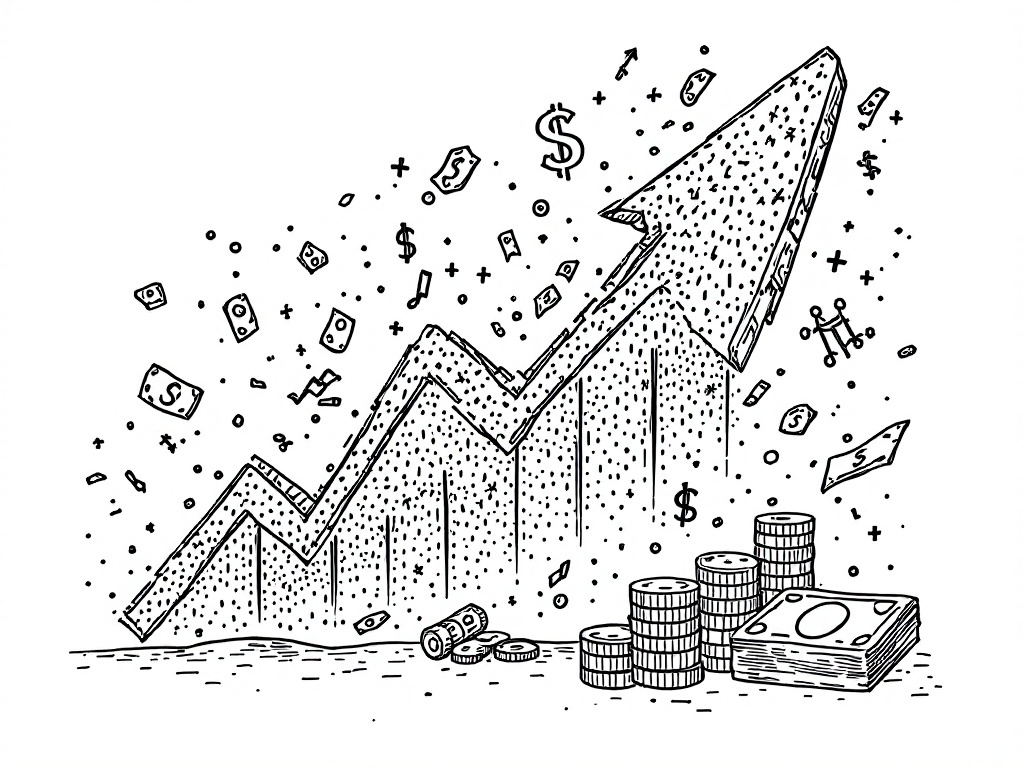Trump's Tariffs Push U.S. Economy Toward Possible Summer Recession

Washington D.C., Monday, 28 April 2025.
Apollo Global Management warns that U.S. tariffs could lead to empty shelves and a recession by Summer 2025 due to slowed shipments and trucking layoffs.
The Economic Impact of Tariffs
The tariffs imposed by the Trump administration in early April 2025 mark a significant turning point for the U.S. economy, according to Apollo Global Management’s warning of a potential recession this summer. Noted economist Torsten Slok has specifically highlighted the detrimental effects these tariffs have on economic activity. The ripple effect has caused a noticeable slowdown in oceanic shipments from China, and the suspension of containerships to U.S. ports is anticipated from early-to-mid May, leading to serious logistical challenges [1][2].
Supply Chain Disruption and Consumer Impact
The impact of these tariffs on supply chains becomes evident as trucking demand is predicted to plummet, culminating in widespread layoffs and lower sales by mid-to-late May [1]. This disruption is echoed by Treasury Secretary Scott Bessent, who admits the current trade standoff with China is not sustainable. Retail sectors are particularly vulnerable, expecting empty shelves and a scarcity reminiscent of early COVID-19 disruptions by late May [1].
Economic Indicators and Predictions
Despite the addition of 228,000 jobs and a 1.4% increase in retail sales in March 2025, economists remain cautious [2]. Recent tariffs threaten to erode consumer purchasing power and diminish positive economic indicators. Notably, nearly 40% of economists predict over a 50% chance of an imminent economic downturn [2]. The S&P 500’s notable 10% decline further underscores the fears surrounding economic deceleration and potential recession [2].
Consumer Confidence and Market Reactions
Consumer confidence, a key metric signaling economic sentiment, has plummeted across all income brackets as tariffs loom large over economic activities. Reports from various industries reveal cautionary trends, especially as businesses slash investments and reduce equipment orders in anticipation of slowed consumer demand [3]. The potential of a ‘stagflation’ scenario, characterized by slow growth amid rising prices, looms as a distinct possibility according to Apollo’s leadership. This underscores a significant shift in economic forecasts, emphasizing the heightened probability of recessionary conditions by this summer [3].